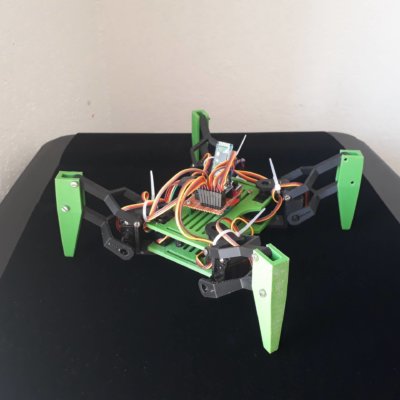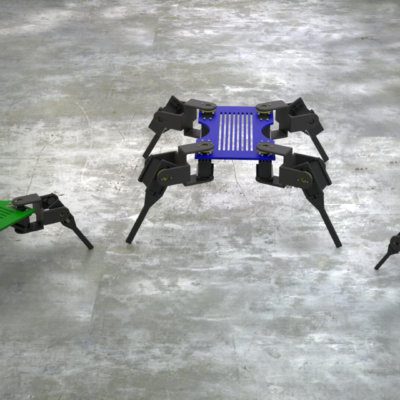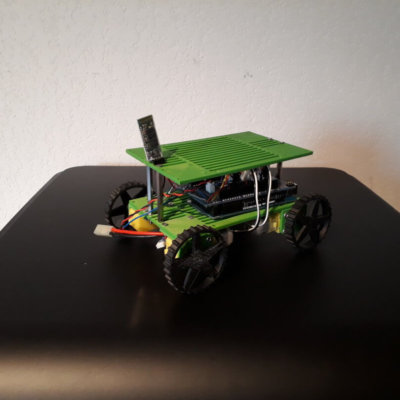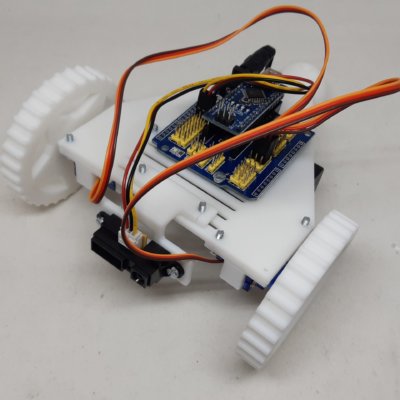
by Xukyo | 14 Oct 2020 | Tutorials
The switch..case instruction is a conditional structure that executes different instruction blocks depending on the value of a variable. This instruction is equivalent to nested if instructions. Syntax of the switch instruction The switch instruction takes an integer...

by Xukyo | 14 Oct 2020 | Tutorials
The while instruction is the conditional structure that allows you to create a loop on a condition. It is found in all programming languages. It is used to execute a block of code in a loop as long as a condition is fulfilled. Syntax of the while instruction The...

by Xukyo | 14 Oct 2020 | Tutorials
The for instruction allows code blocks to be repeated. It is the first step towards more efficient and readable code. Syntax of the instruction for The for instruction takes, as input, a counter whose increment and end condition is defined. It is often used in...
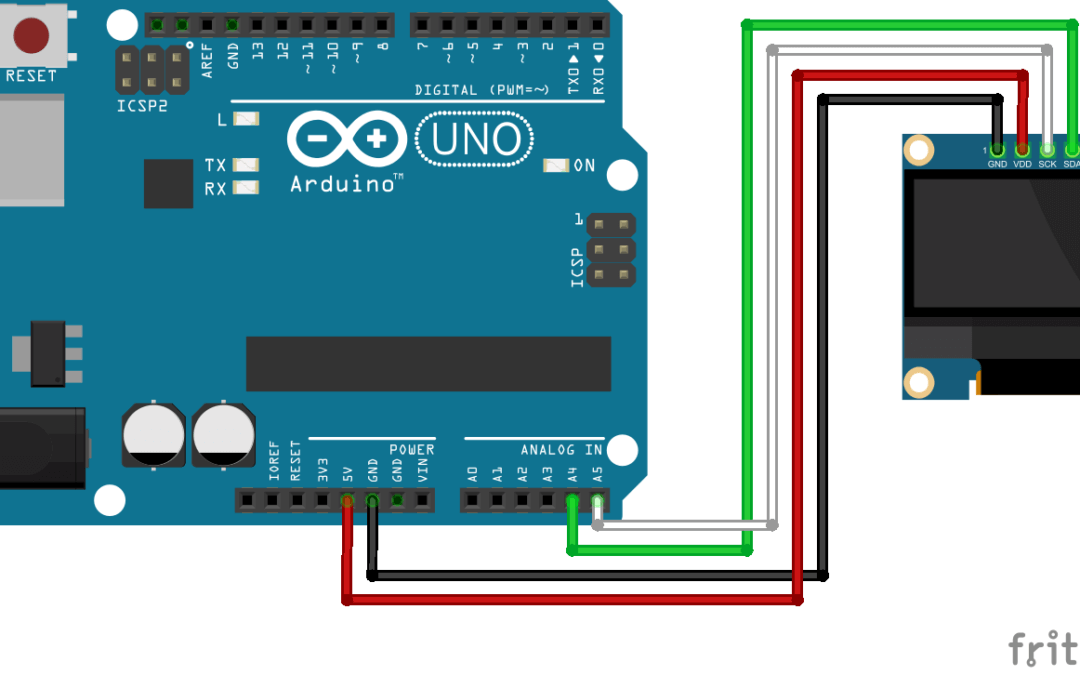
by Xukyo | 14 Oct 2020 | Tutorials
The OLED display is a compact graphic display with a resolution of 128 x 64 pixels that allows you to draw and display text to create a graphical interface. Hardware ComputerArduino UNOUSB A Male to B Male CableOLED TF052 Principle of operation The OLED display TF052...
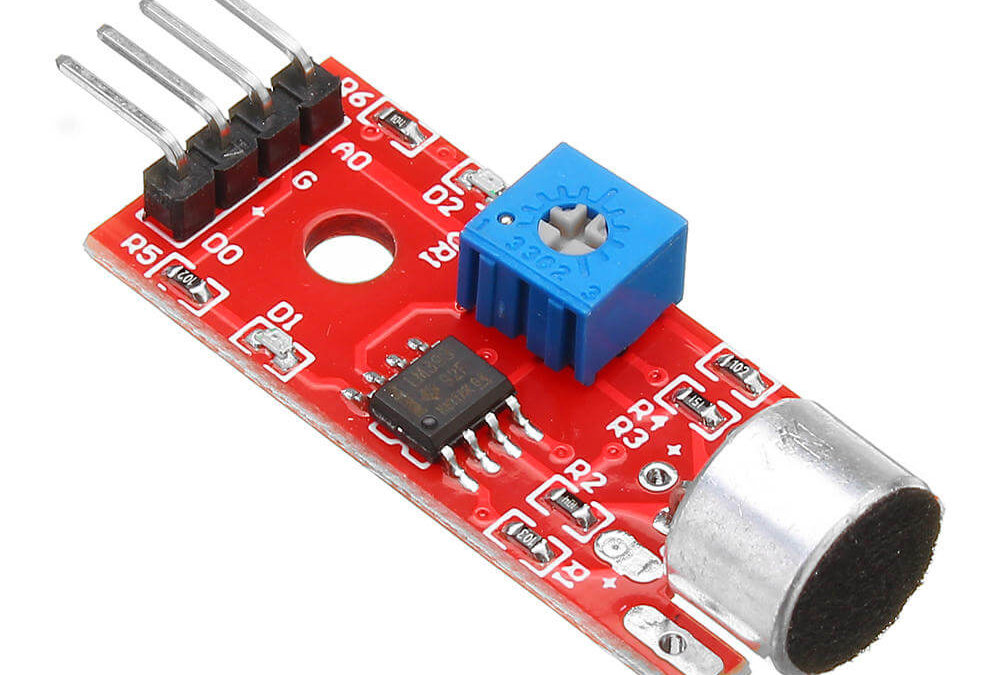
by Xukyo | 2 Oct 2020 | Tutorials
It is possible to add the sense of hearing to your microcontroller by connecting it to a microphone. The microphone picks up vibrations in the air and transforms them into an electrical signal that can be analysed and processed using an algorithm. In this tutorial we...
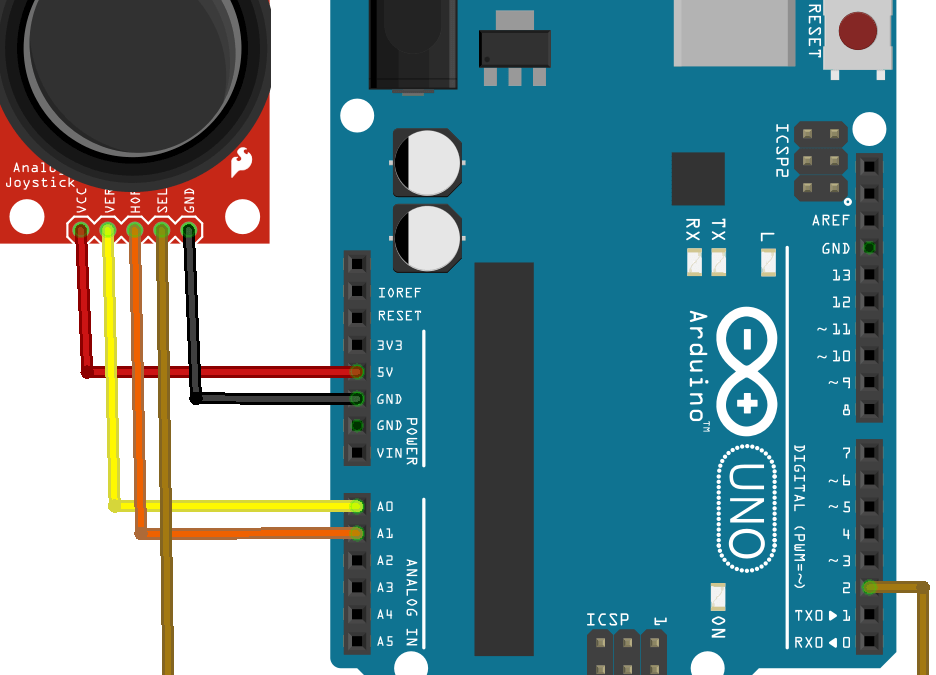
by Xukyo | 2 Oct 2020 | Tutorials
The joystick is a position sensor which returns two analogue values representing its X,Y position. It can be used as an interface to navigate a menu or to control an object in direction or speed. It is commonly found on joysticks for video games, model making remote...
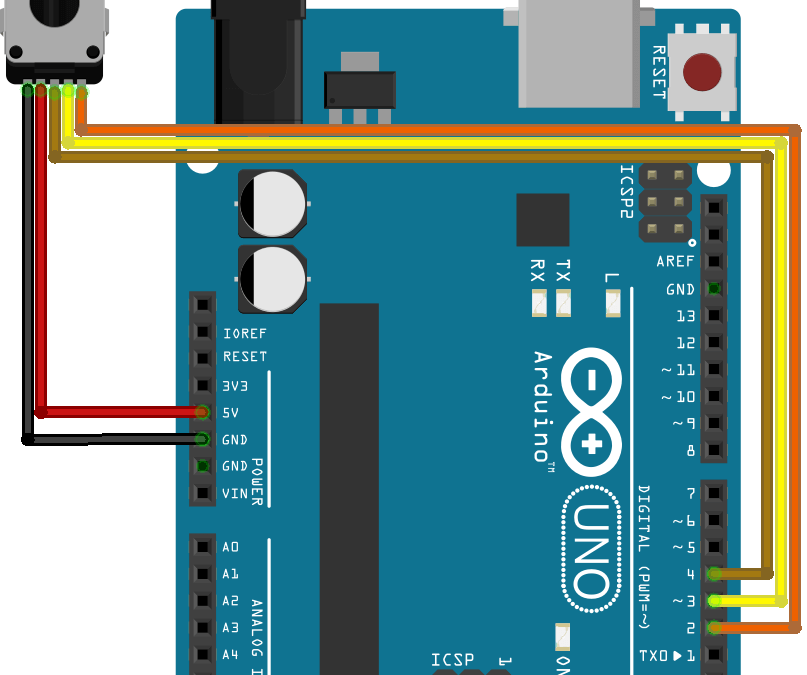
by Xukyo | 2 Oct 2020 | Tutorials
The rotary encoder is a rotation sensor whose direction and angle can be known. Similar in appearance to the potentiometer, the encoder has no limit stroke and instead of returning a resistance value, like the potentiometer, the encoder returns two digital signals...
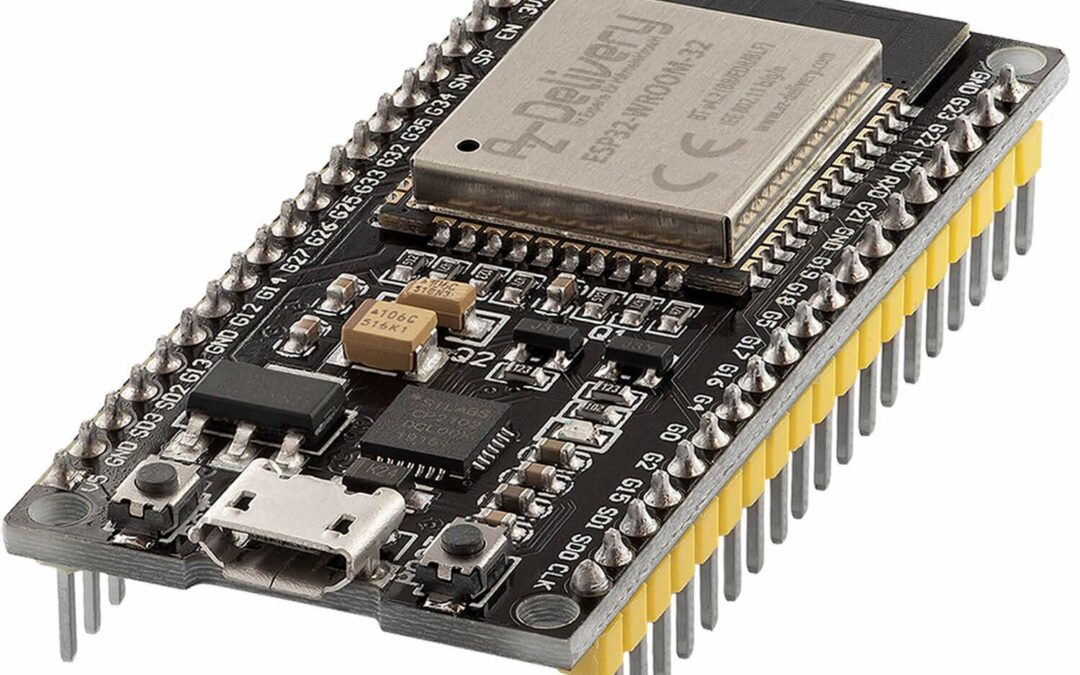
by Xukyo | 2 Oct 2020 | Tutorials
The NodeMCU ESP32 is a microcontroller with integrated Wifi and Bluetooth modules. Very easy to use, it is lightweight and has a memory and computing capacity greater than that of the Arduino. This makes it an ideal board for learning programming, developing connected...

by Xukyo | 2 Oct 2020 | Tutorials
A possible solution to the problems generated by using the delay() function is to use the millis() function. From the first use of the Arduino, the delay() function is used to manage instructions as a function of time. The major problem with the delay() function is...
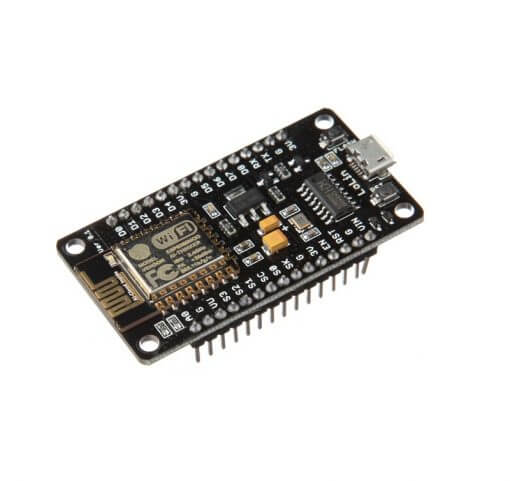
by Xukyo | 1 Oct 2020 | Tutorials
The NodeMCU ESP8266 is a microcontroller with an integrated Wifi module. Very easy to use, it is lightweight and has a memory and computing capacity greater than the Arduino. Ideal for your connected projects.The basics of IoT is to connect objects to a network such...











